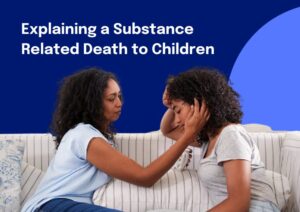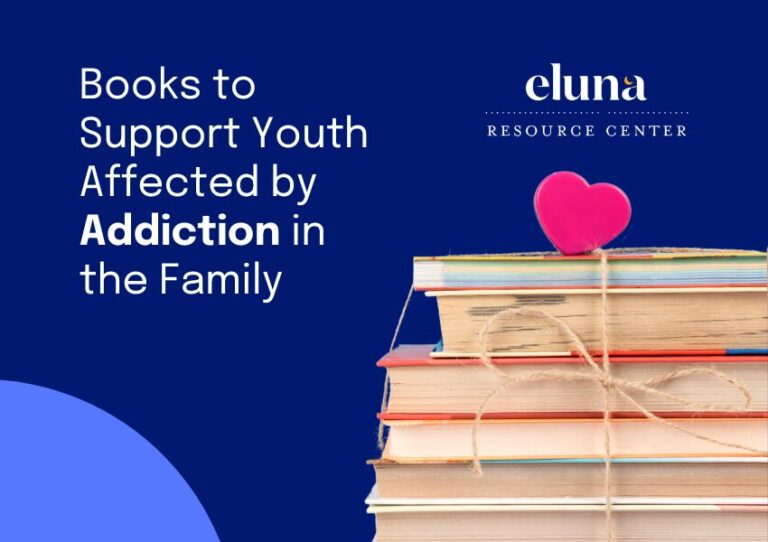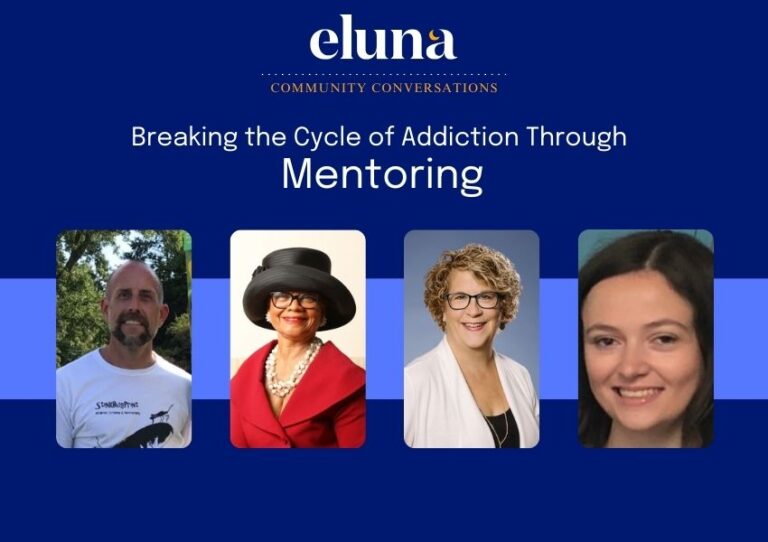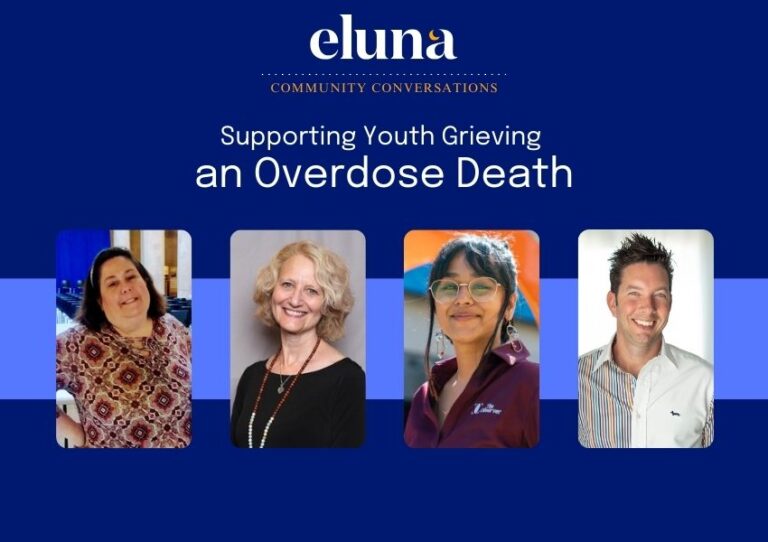Explaining a Substance Related Death to Children
 In the event of a death due to Substance Misuse, children may not receive the support they need to understand and grieve what happened to the deceased. The incidence of deaths due to substance misuse in the U.S. has more than tripled since 1990. According to the Centers for Disease Control and Prevention (CDC), the recent surge in drug overdose death rates is a result of increasing abuse of prescription painkillers.
In the event of a death due to Substance Misuse, children may not receive the support they need to understand and grieve what happened to the deceased. The incidence of deaths due to substance misuse in the U.S. has more than tripled since 1990. According to the Centers for Disease Control and Prevention (CDC), the recent surge in drug overdose death rates is a result of increasing abuse of prescription painkillers.
When families, caregivers and professionals avoid truthful disclosures, children have difficulty with the first task of mourning, defined by J.W. Worden, which is to accept the reality of the death.
Stigma and Language
Many young children were unaware that their parent or sibling had a problem with alcohol, controlled substances like opiate pain medication, or with illegal drugs. Families will go to great lengths to deny that there was a problem prior to the death and may try to hide the problem from the children. Since children typically have trouble understanding and accepting when a family member or close friend dies, this type of death is even more difficult to grieve, because the children do not fully understand the cause.
A key element in describing substance related deaths is that the person mistakenly used more of the substance than the body can handle, and it causes the body to stop working. With a prescription drug overdose, the person used more of the medication than the doctor prescribed or was safe to use. Children may be aware that the deceased suffered from a painful condition or injury, but not that they were abusing the substance used to treat the pain. In either case, the death was due to a substance use disorder, which is a mental condition that can sometimes end in death. This type of disorder has commonly been referred to in some families as ‘addiction.’
Describing ‘invisible’ causes of death to children raises added challenges. Like depression, Substance Use disorder can be described as a disease on the ‘inside.’ Substance Use Disorder is often kept private because of the stigma associated with the disease. The person’s dependence or abuse of the given substance(s) eventually impacts their social and emotional adjustment, and they may have drug-seeking behaviors which put them at great risk for harm or death. A child may or may not have been aware that their person who died had sought treatment for the disease but that the treatment was not helping or that they experienced a relapse.
Natural Grief Reactions
Grieving children experience a range of common reactions when a loved one has died. Their natural grief reactions related to an overdose death may include the following:
- Guilt or Regret: A child may think, “I should have made her stop drinking, etc.”
- Fear: A child may fear that other family members or friends will also start using or overdose
- Confusion: A child may experience confusion for many reasons, including 1) because they did not know their loved one was abusing a substance; 2) mixed feelings of anger and love – anger at the person who overdosed but love for them at the same time; 3) trouble accepting that the death was due to substance misuse; and 4) lack of clarity on whether the death was accidental or a suicide.
- Anger: A child may experience anger at the loved one for engaging in a behavior that the griever thinks the deceased should have controlled, and anger that the deceased contributed to their own death.
- Shame: Substance related deaths can carry a stigma as there is an implied character weakness that others may judge. Even very young children may learn
Telling the Truth
It is always important to be truthful with children about the cause of death. Children need to know the truth, because they will eventually find out. When they find out that they were not told the truth, they will be angry at those who lied to them and may have trouble trusting others in interpersonal relationships.
To determine how much information to give a child, consider their age and previous knowledge of the condition. It is best to start sharing information slowly and then add additional information in response to their questions. For example, a family member or professional can state: “Your father died from drinking too much alcohol.” A follow-up question is: “do you have any questions?” If the children are old enough to ask their questions, then they are old enough to hear the answers.
Children may need assistance creating a narrative to describe what has happened to the deceased. Some of the most common narratives that children feel comfortable with include:
- “He died due to liver failure and complications of alcoholism.”
- “She died from “taking too many drugs.”
- “She died from an accidental overdose.”
If the child or family feels uncomfortable with saying ‘how’ their person died, they can choose to say, “She died from a Substance Use Disorder.” The National Institute of Drug Abuse defines Substance Use Disorder as “a chronic, relapsing brain disease that is characterized by compulsive drug seeking and use, despite harmful consequences.”
A child friendly definition of Substance Use Disorder is: “an invisible disease that causes a person to use more (alcohol, tobacco, medicine or drugs) than is safe and that can end in death.”
Children’s grief support groups and bereavement camp, like those offered at OUR HOUSE Grief Support Center, can provide a safe place for children to express all the feelings and thoughts they experience when a person has died due to substance misuse.
Thank you to our guest author, Lauren Schneider, LCSW Clinical Director of Child and Adolescent Programs with Our House.



